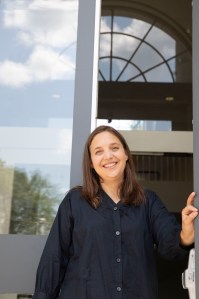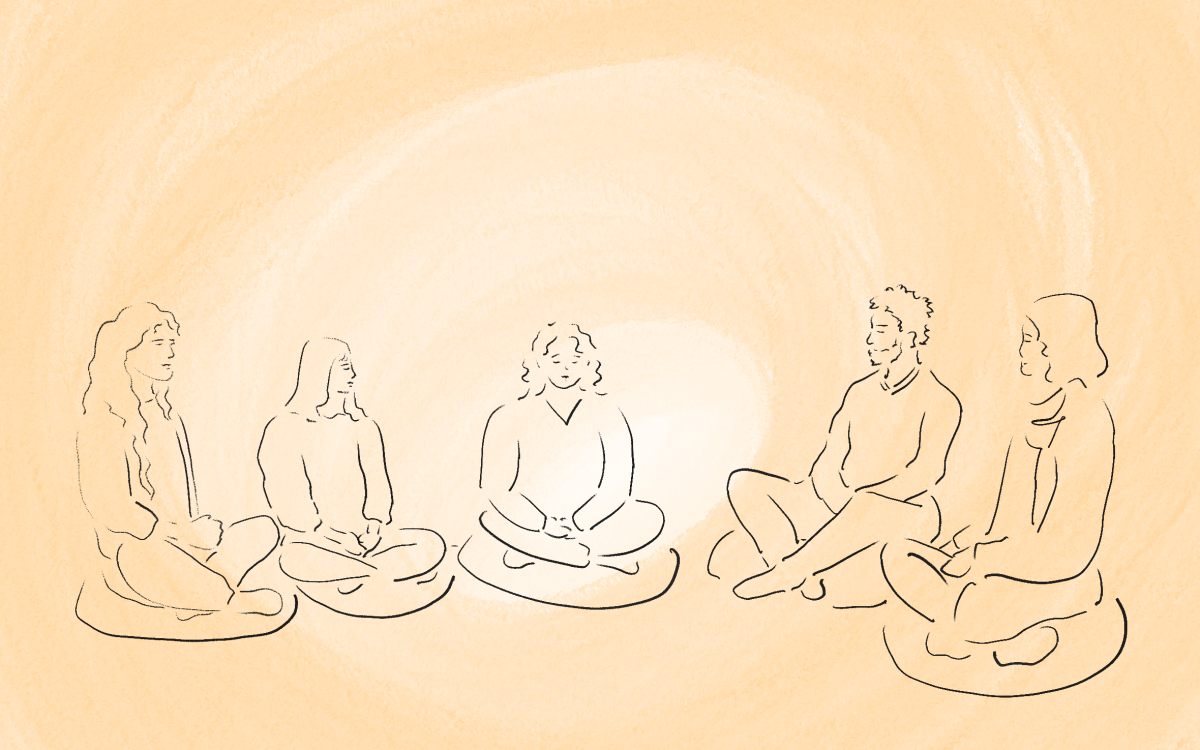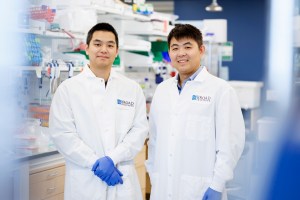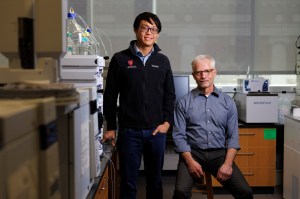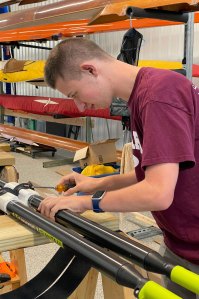Year: 2021
-
Science & Tech
Knowing a big deal when you see it
The fossil was found to belong to a previously unknown species of a lizard-like reptile, representing the earliest evolving member of a lineage that today includes all lizards, snakes, and their closest relatives.
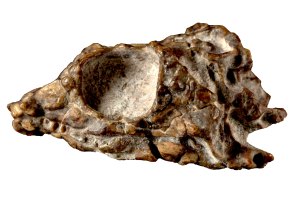
-
Campus & Community
‘It feels like a university again’
First-year students were welcomed to campus for the first in-person semester since March 2020.
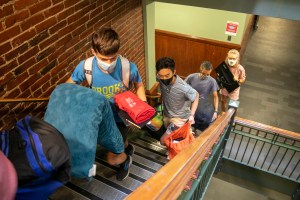
-
Nation & World
Humanitarian catastrophe in Afghanistan?
The director of the Harvard Humanitarian Initiative talks about Afghanistan’s probable future without aid.

-
Campus & Community
Remembering biochemistry Professor Guido Guidotti
Guido Guidotti, Higgins Professor of Biochemistry, taught hundreds of students during more than 60 years of research and teaching. Guidotti died April 5 in Newton, Massachusetts, following a long battle with prostate cancer. He was 87.
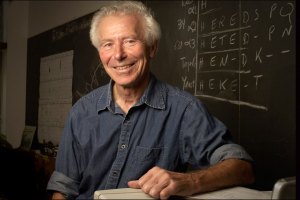
-
Health
Cut sugar to save lives, researchers urge
A new health and economic model clearly shows why it’s imperative that food manufacturers reduce the amount of added sugar in their products.
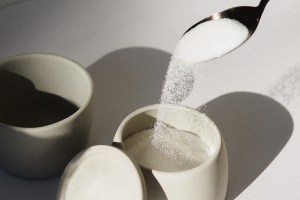
-
Arts & Culture
Making the audience laugh — and cry
Annie Julia Wyman studied creative writing at Stanford, got her master’s and doctoral degrees in English at Harvard, and seemed destined for a career in academia. Then Hollywood came calling.
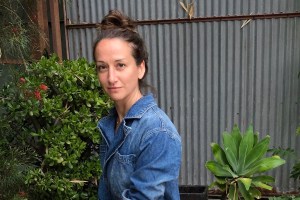
-
Campus & Community
Preparing for future cyberattacks
Bruce Huang discusses the need for more cybersecurity professionals and how the need is being addressed through the Harvard program.
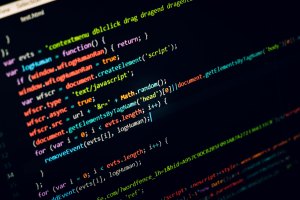
-
Arts & Culture
Let the music play
The Harvard Ed Portal teamed up with Brighton Main Streets to produce 10 free outdoor performances at the Brighton Farmers Market.

-
Health
Michael Pollan digs deeper into drugs
In his new book, Michael Pollan provides a contextual backdrop to how we think about and use drugs.
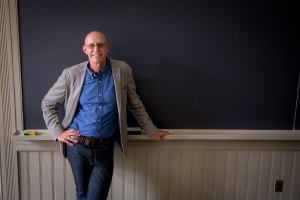
-
Arts & Culture
A portrait of the man behind the portraits
John Jay Cabuay explains how he strives to capture the spirit of the people he illustrates.
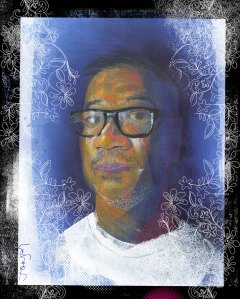
-
Health
Is delta unstoppable?
Despite its ability to transmit more easily and puncture vaccine defenses, the delta variant is no superbug. It is vulnerable to masking, distancing, and other non-pharmaceutical interventions, lessons from delta outbreaks overseas show.
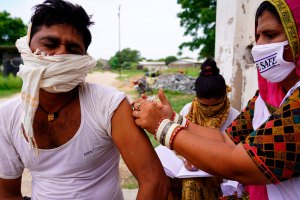
-
Nation & World
Power can be abused, scholars say, or harnessed for the greater good
In a new book, “Power, for All: How It Really Works and Why It’s Everyone’s Business,” Julie Battilana and Tiziana Casciaro argue that power is available to everyone and is a necessary force for change.
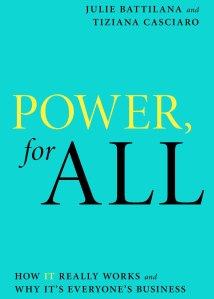
-
Campus & Community
House-bound
The first sophomores, juniors, and seniors moved into Harvard’s Houses on Friday, a welcome return to the familiar and the newly different.

-
Nation & World
China’s response to the Taliban’s takeover
Tony Saich on how Beijing views the U.S. withdrawal from Afghanistan.

-
Arts & Culture
Motion picture
Harvard Ph.D. student Kéla Jackson’s virtual talk explored the ways muralist and printmaker Louis Delsarte embraced notions of music, color, and interiority in his work.
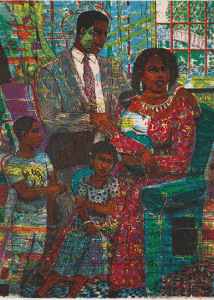
-
Work & Economy
Tying COVID information to worker — and employer — well-being
With COVID-19 cases going back up just as workplaces and schools prepare to reopen, a Harvard Chan School talk digs into the challenges of maintaining worker well-being on the job.

-
Health
Toward better medicine
A catalyzing gift will establish The Ivan and Francesca Berkowitz Family Living Laboratory Collaboration at Harvard Medical School and Clalit Research Institute, supporting precision medicine efforts through data science, clinical research, and training.

-
Health
Parental smoking during childhood linked to RA
A new study found a potential direct link between exposure to parental smoking during childhood and increased risk of seropositive rheumatoid arthritis later in life.

-
Nation & World
For her, Afghanistan is personal
The Belfer Center’s Lauren Zabierek reflects on her service in Afghanistan — and her brother’s — amid the humanitarian chaos unleashed by the Taliban’s rout of U.S.-backed forces.

-
Health
Shining new light on vitamin D and cancer
Consuming higher amounts of vitamin D — mainly from dietary sources — may help protect against developing young-onset colorectal cancer or precancerous colon polyps, according to the first study to show such an association.
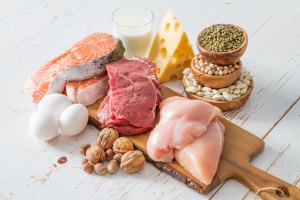
-
Health
Prognosis: Grim
A surge in COVID-19–related deaths in the U.S. could exceed the peak seen in early 2021, according to experts.
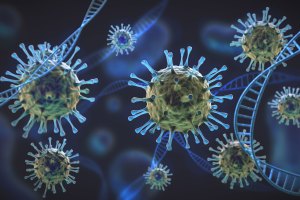
-
Nation & World
How food donations can help fight hunger and climate change
Every year, nearly 700 million people suffer from hunger around the world, while 1.3 billion tons of food are thrown away.
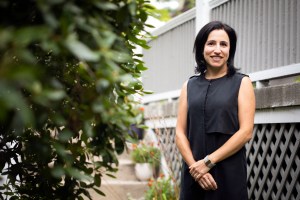
-
Health
Link between wildfires and COVID cases established
Researchers have found strong evidence of an association between exposure to fine particulate air pollution from 2020 wildfires in the U.S. and increased risk of COVID-19 cases and deaths in three western states, for up to four weeks after the exposure.

-
Science & Tech
Climate scientist on UN report: Just as bad as we expected
Peter Huybers, a professor of Earth and planetary sciences, explains the recently released UN report on climate change and the harrowing details contained within it.
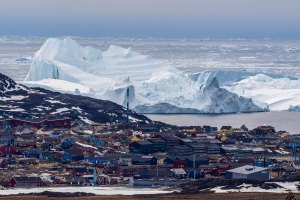
-
Nation & World
The woman who kept running
Remembering Harvard Medical School grad Joan Ullyot, the long-distance runner who normalized running for women around the world.

-
Health
COVID’s future: From pandemic to endemic?
Immunologist Yonatan Grad explains what has been learned from COVID-19 and how to apply the lessons moving forward.
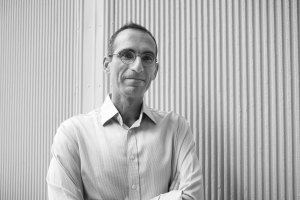
-
Health
3 ways to strengthen a child’s mental resilience
New study suggests practical strategies to help children through a pandemic.

-
Nation & World
How the government can support a free press and cut disinformation
Harvard Law’s Martha Minow says there are plenty of steps the federal government could take to clean up the flood of disinformation and misinformation.
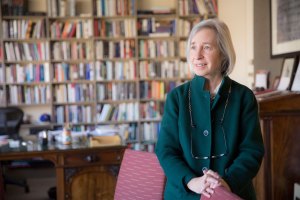
-
Health
COVID messages from doctors change behaviors across racial lines
A new study found that COVID-19 messages tailored to Black audiences and presented by physicians of color did not enhance the effectiveness for minority participants.
